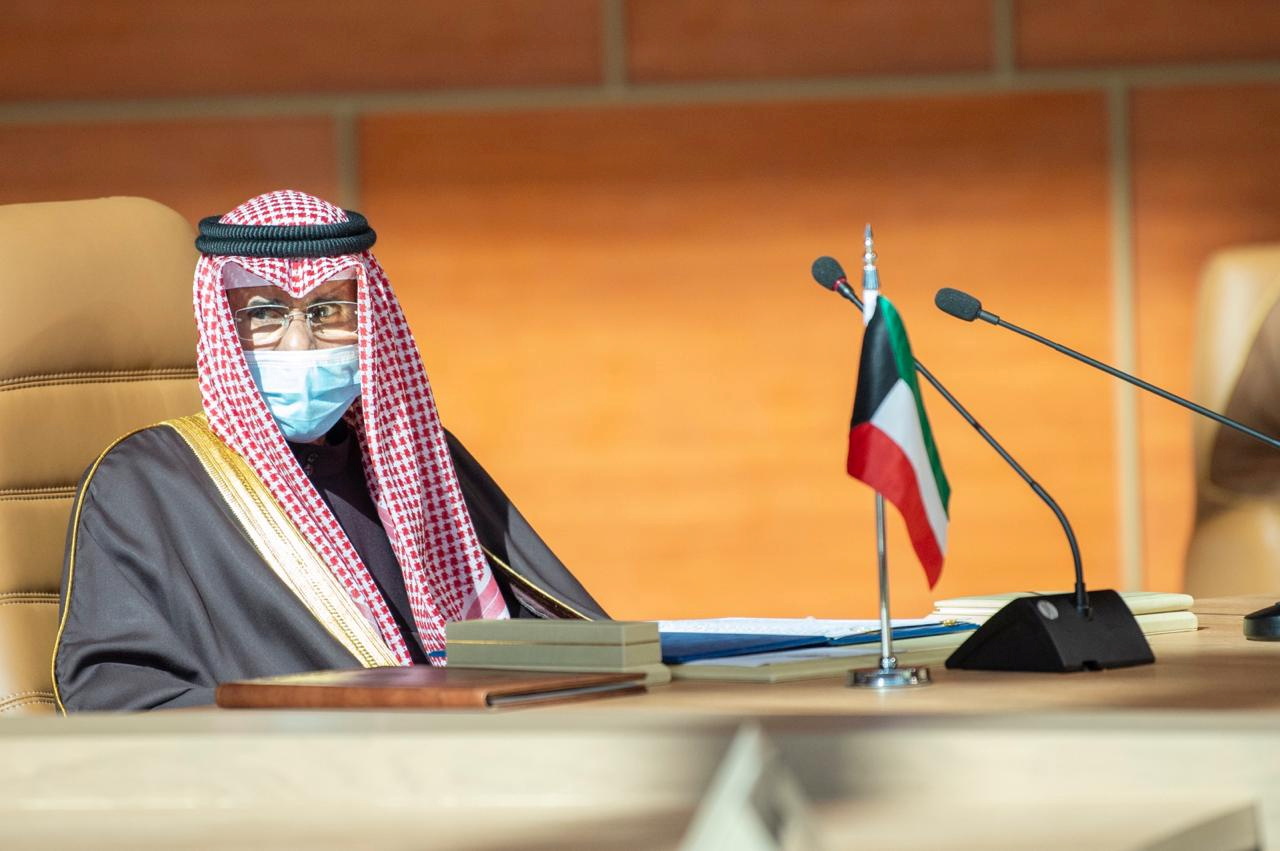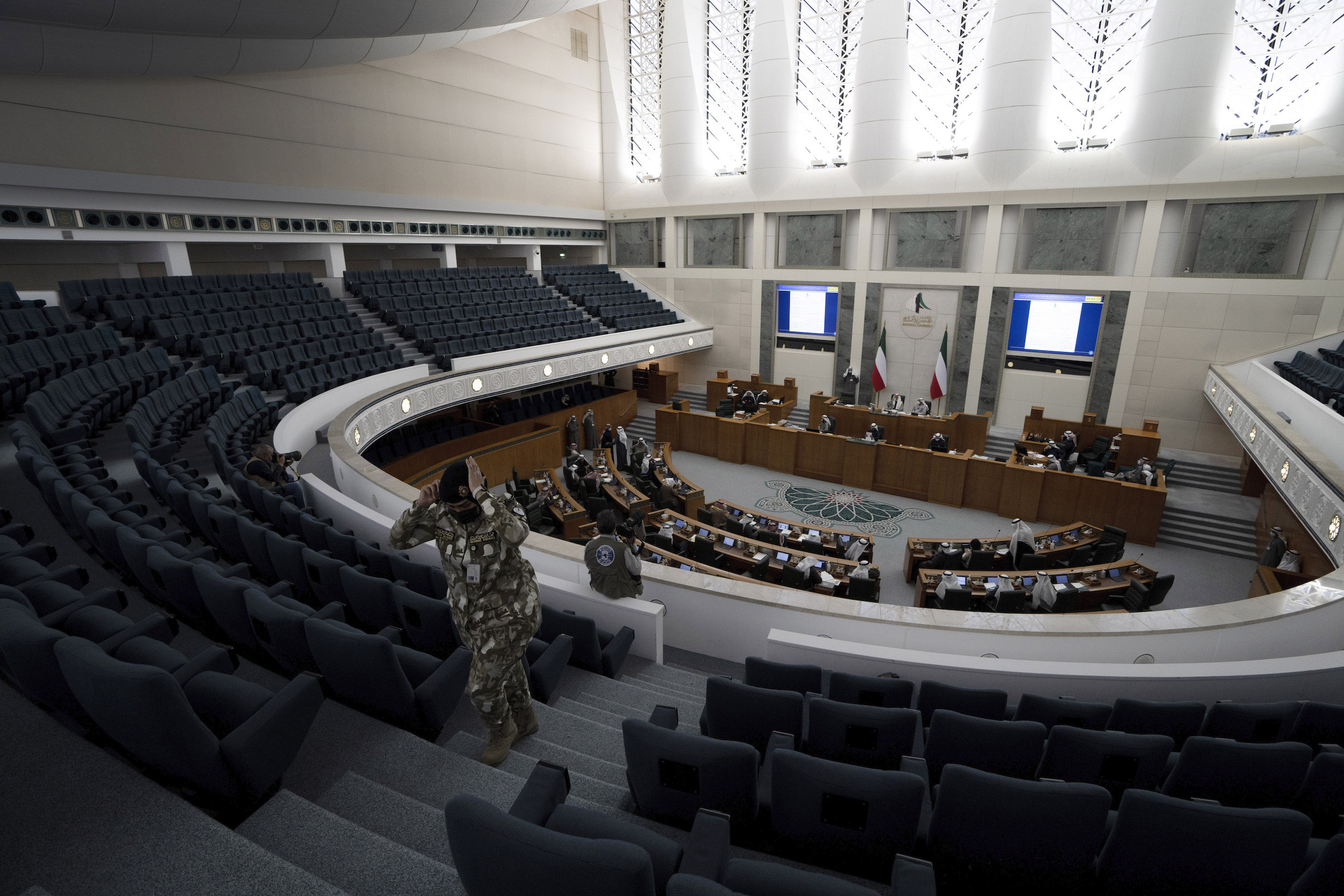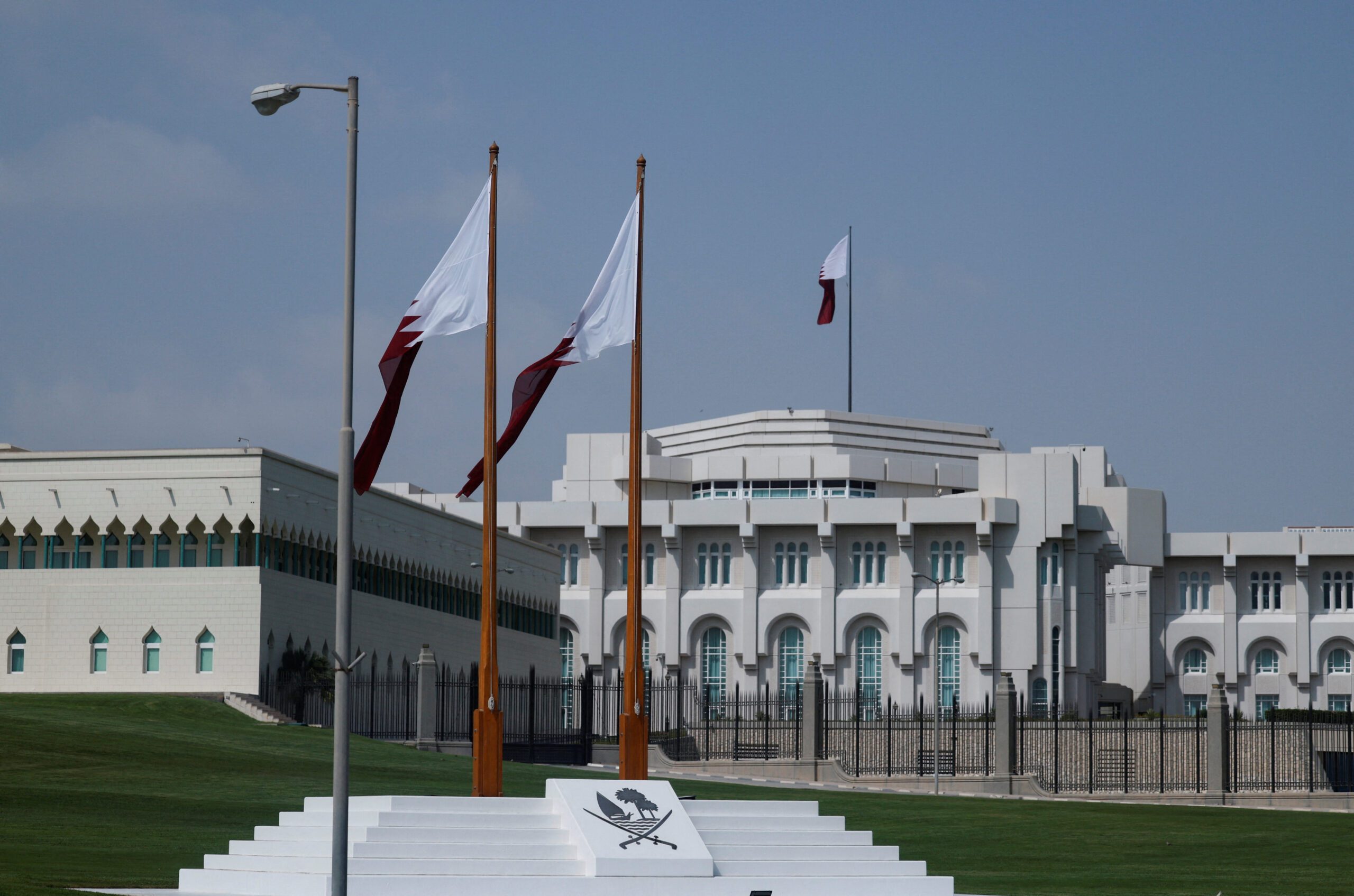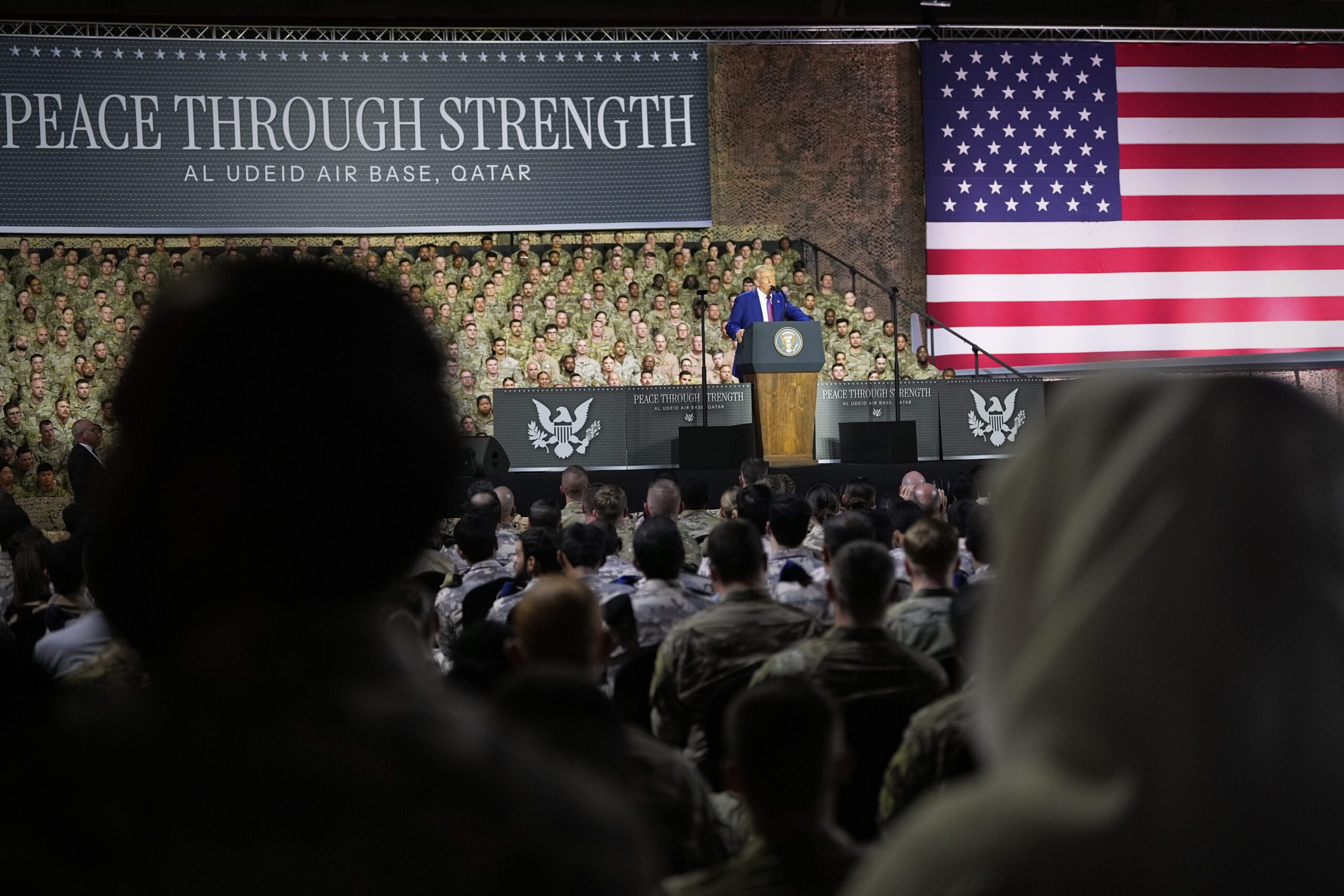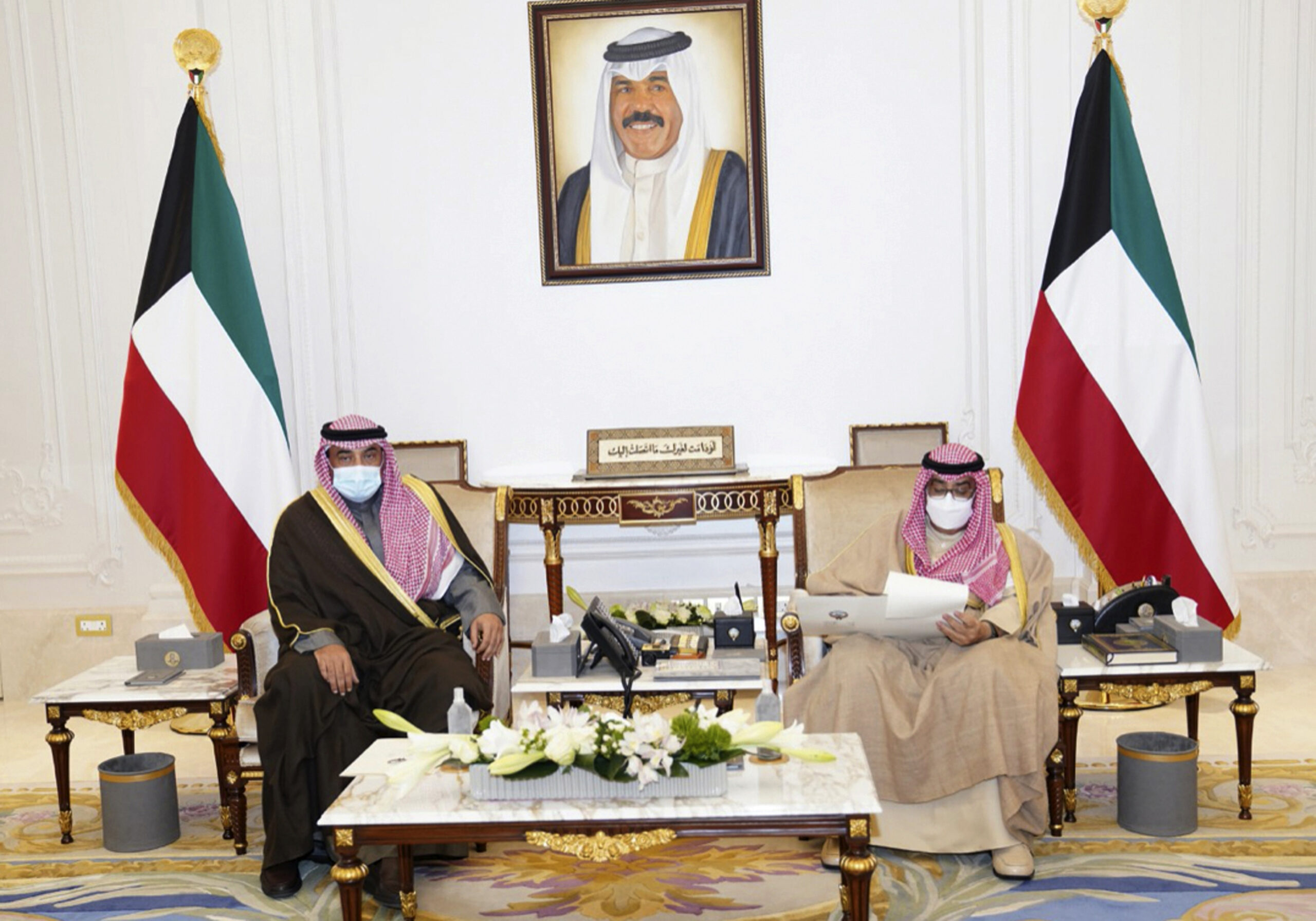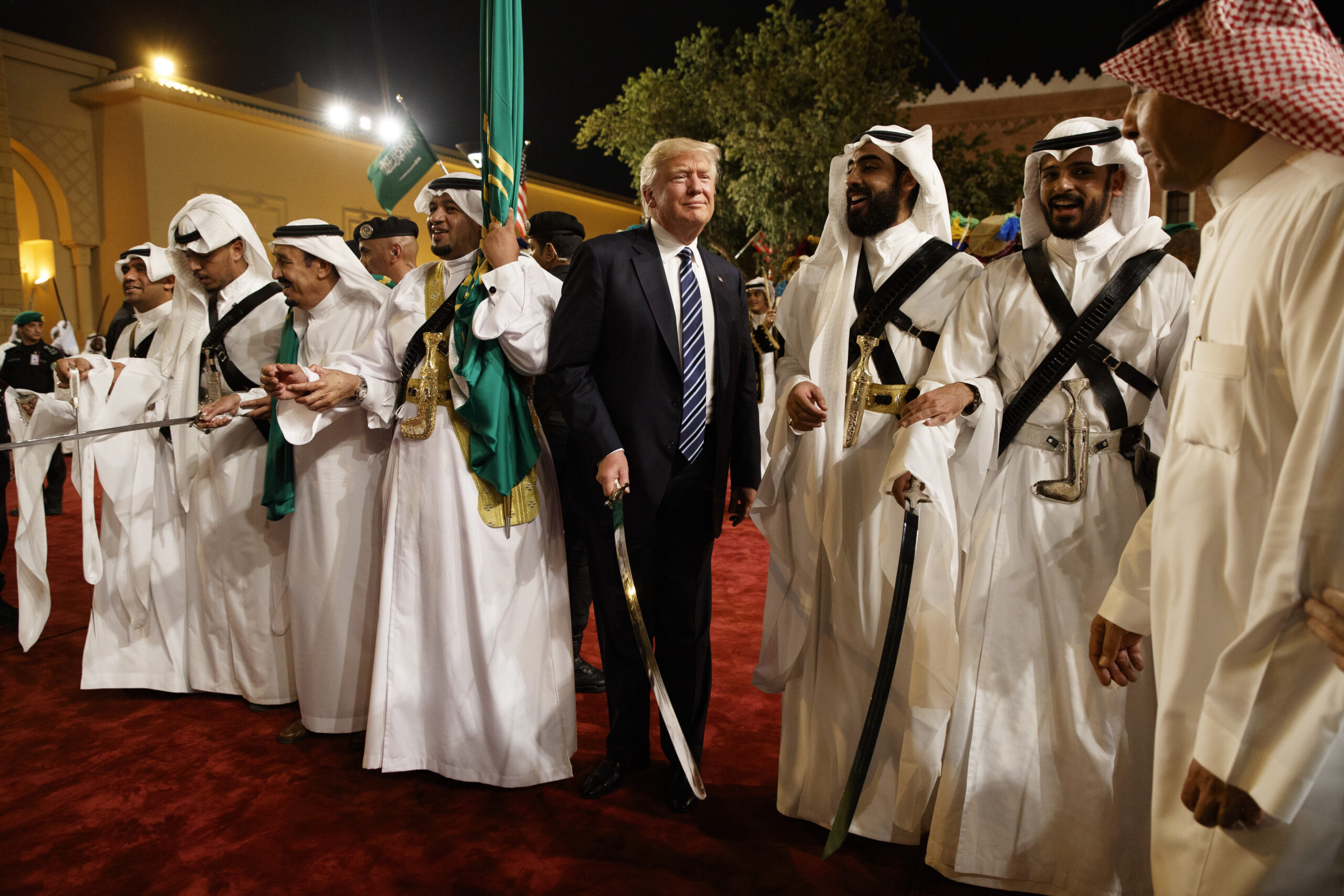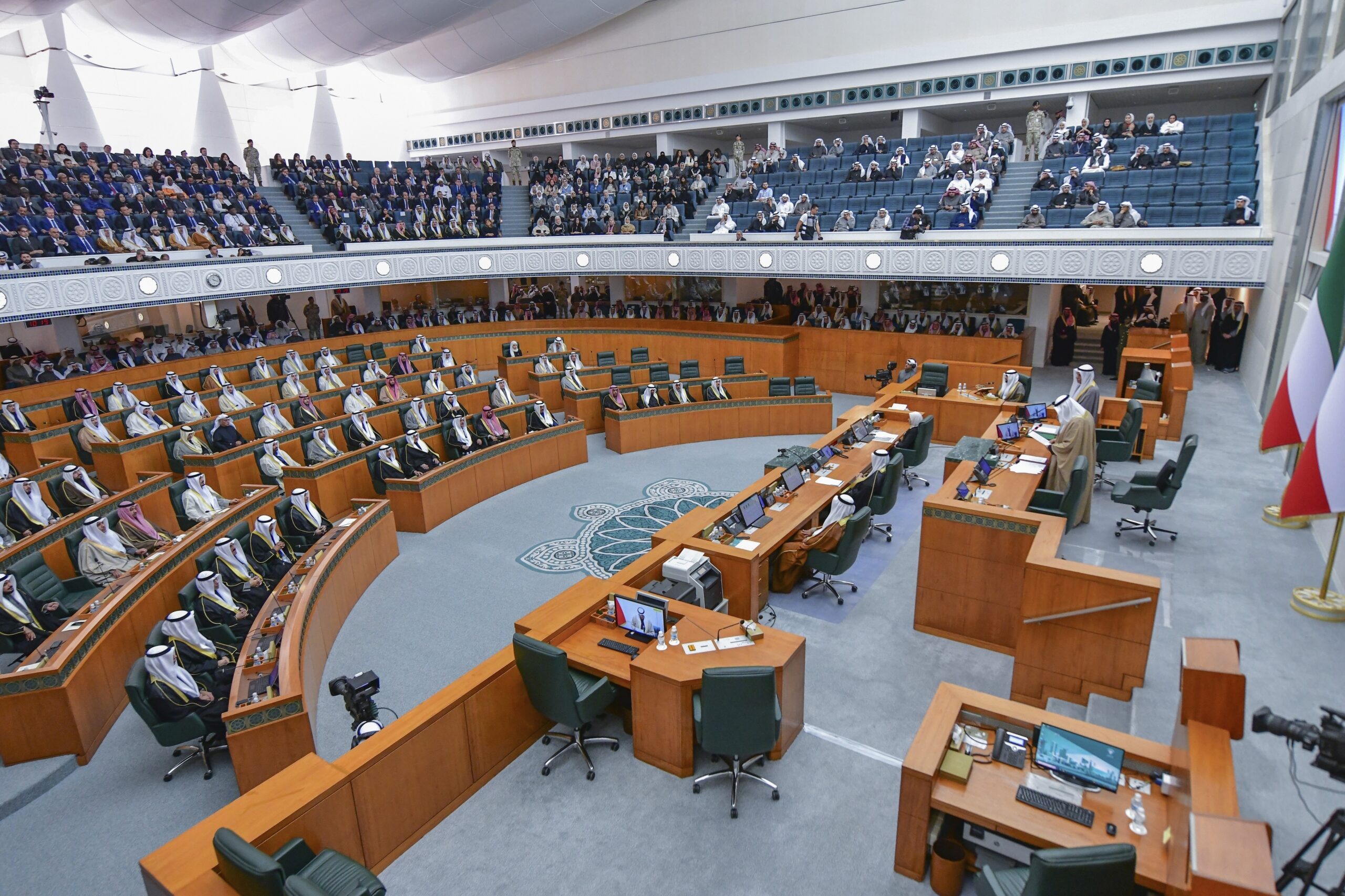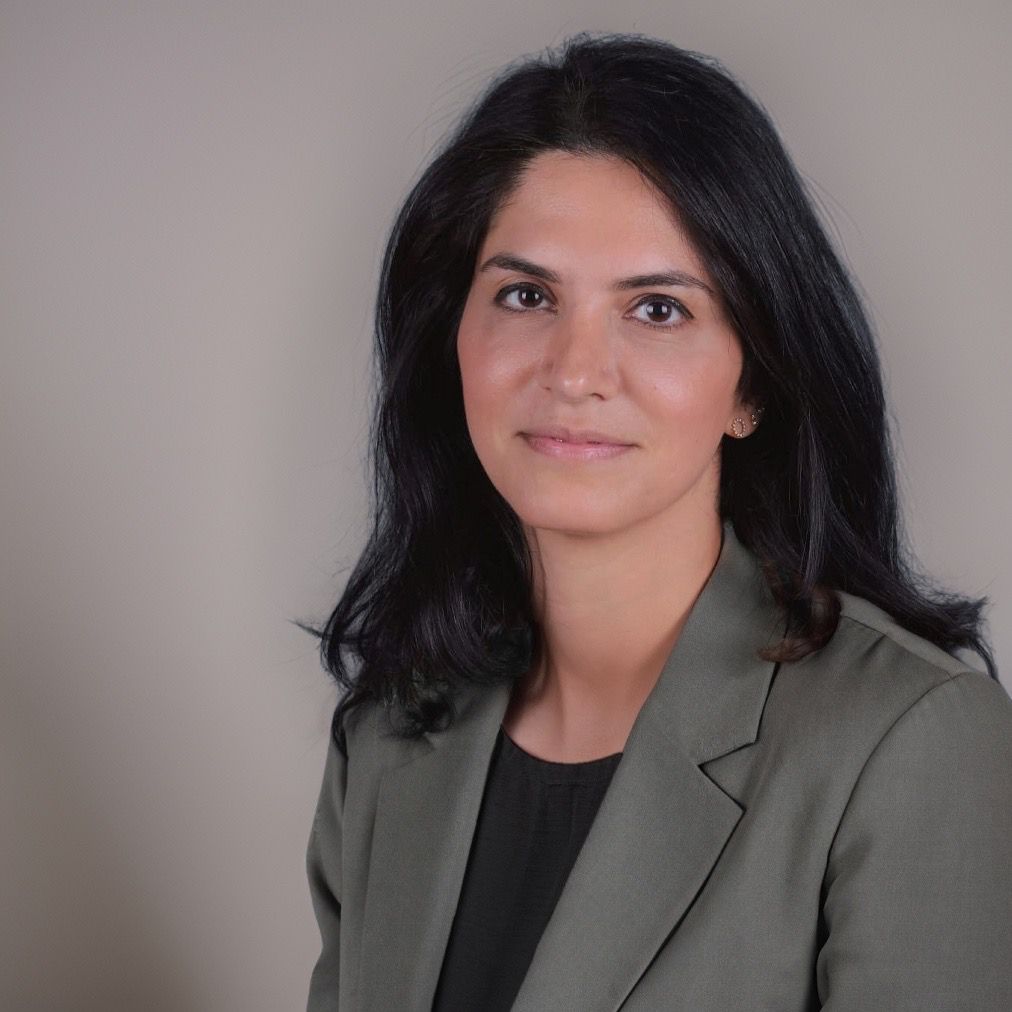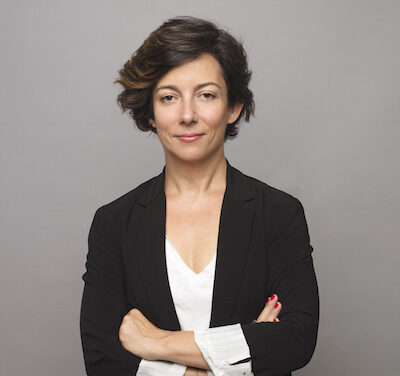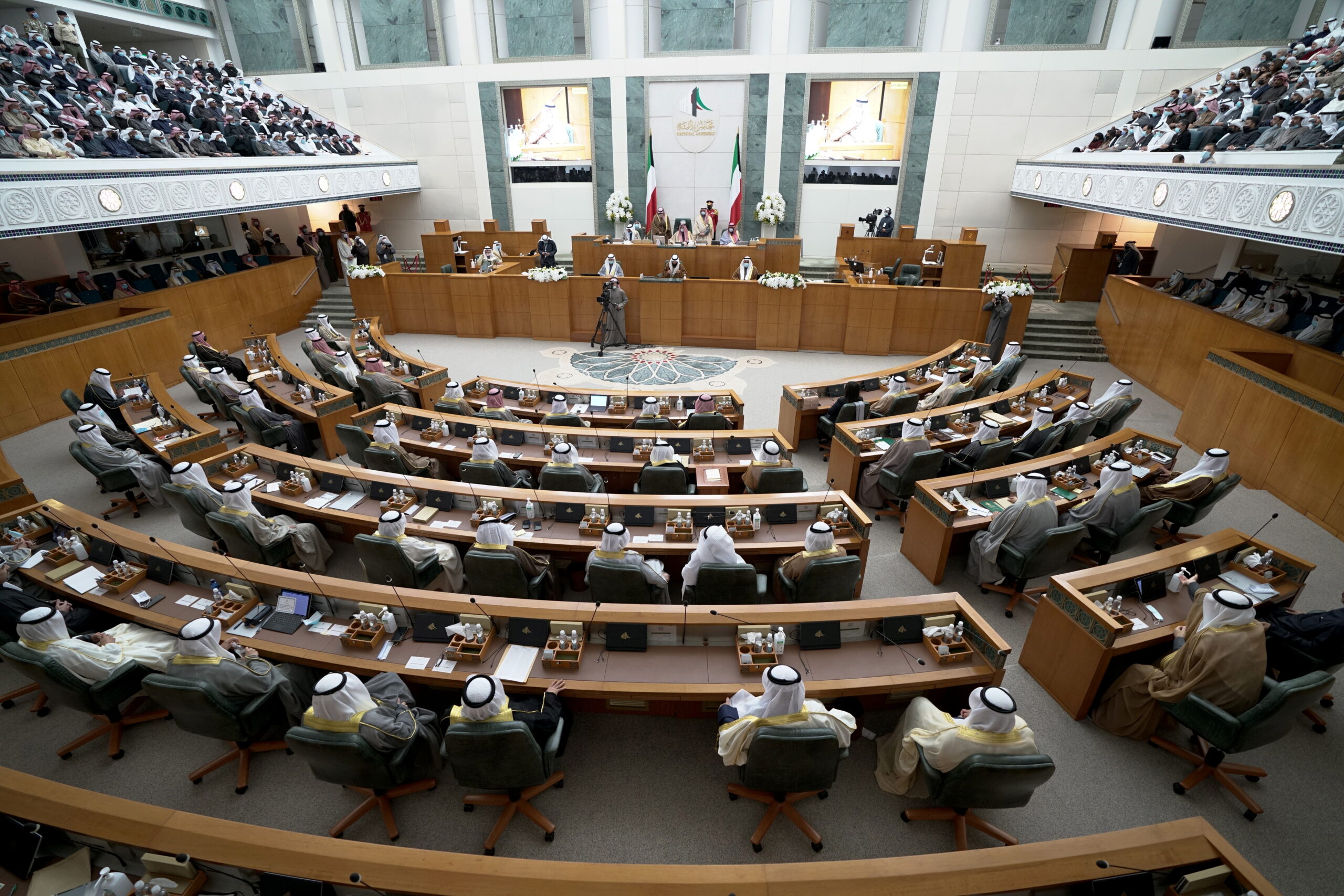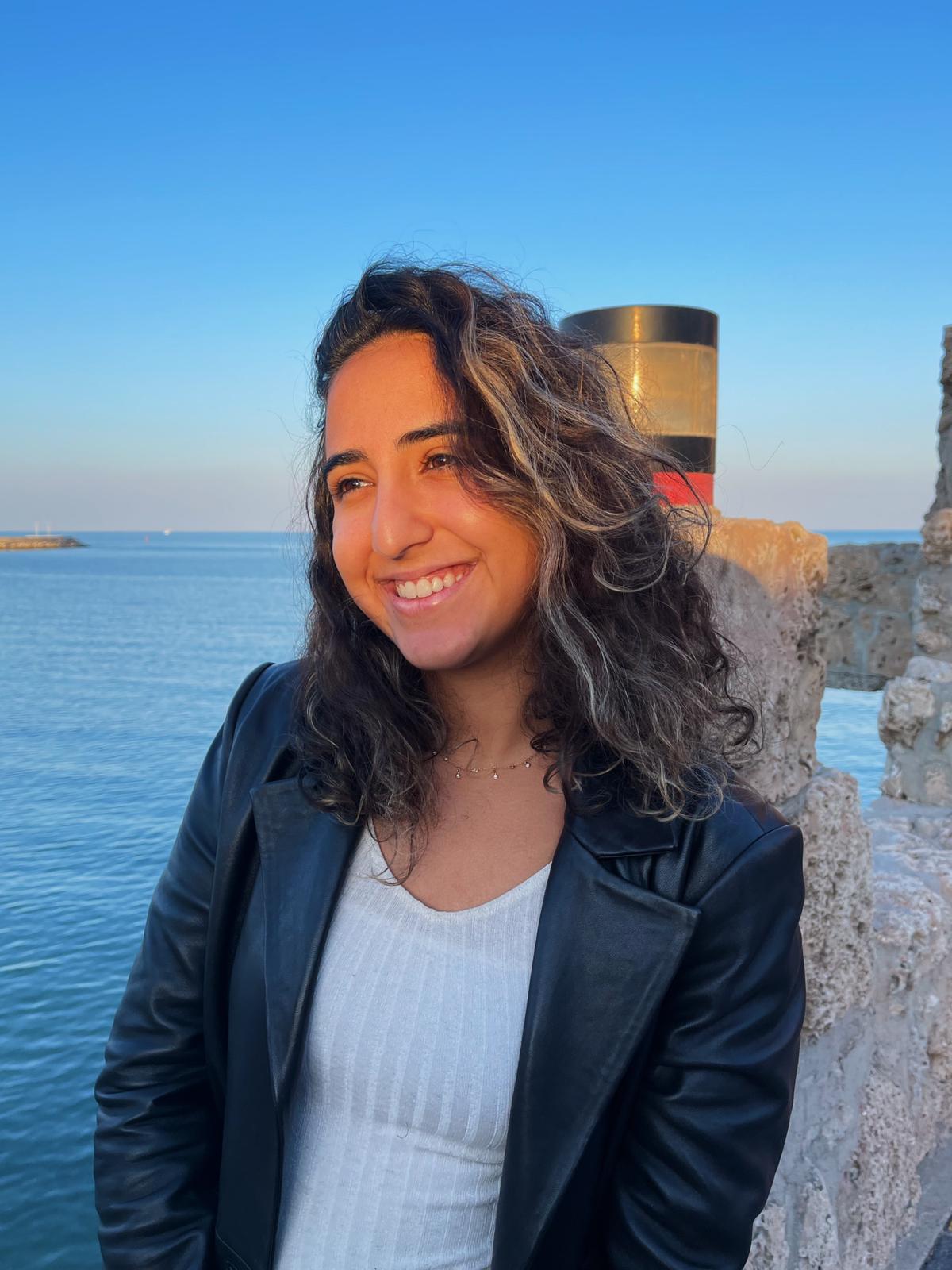Nawaf al-Ahmed: A Legacy of Firsts
Nawaf al-Ahmed al-Sabah’s six-decade career was colored by a conciliatory approach, which was evident in his final post as Kuwait’s emir through deploying an unprecedented political reset and administrative overhaul.
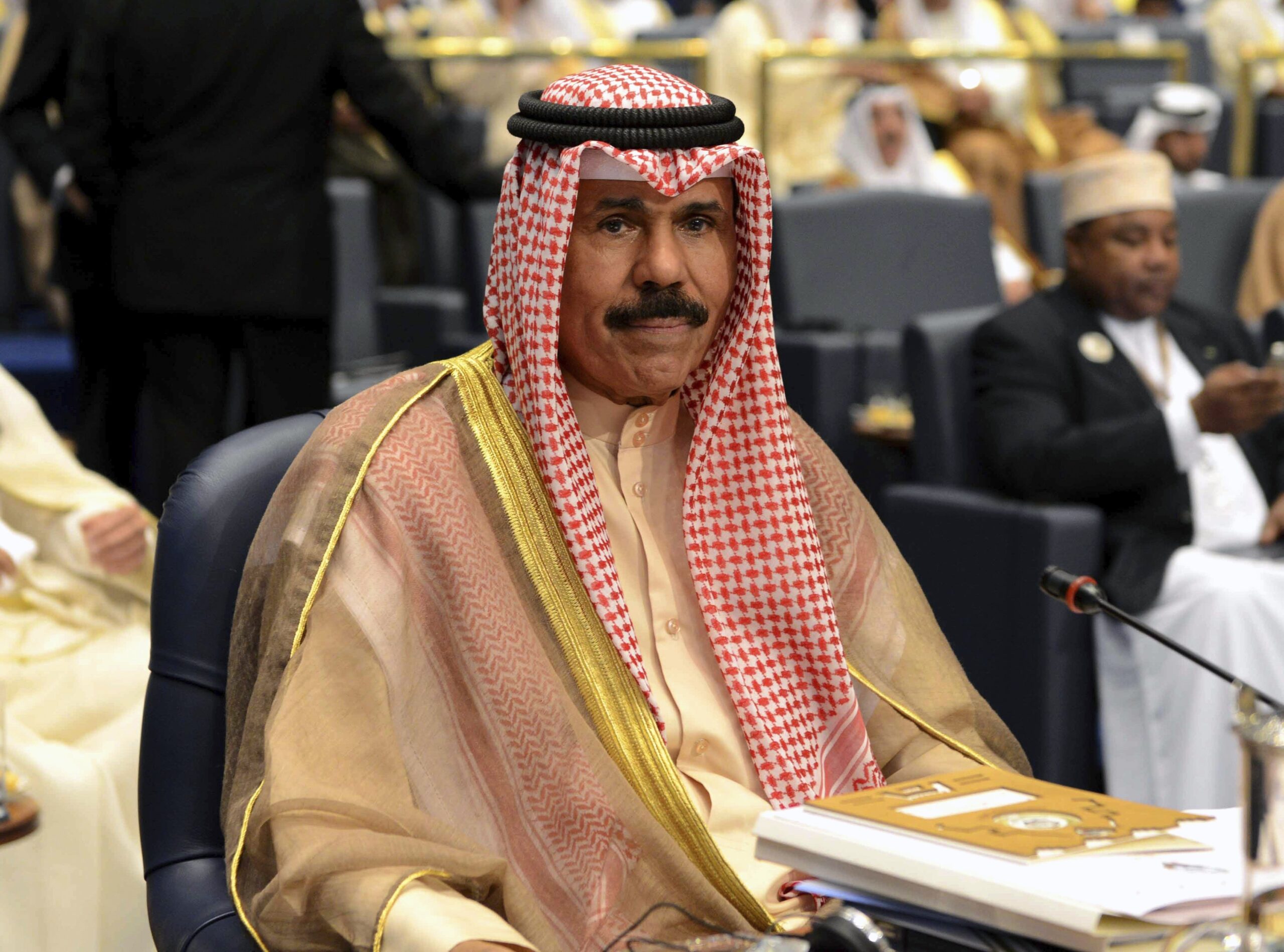
The three-year reign of Emir Nawaf al-Ahmed al-Sabah (2020-23) was one of Kuwait’s shortest-lived, yet his legacy will endure. It was marked by many firsts for Kuwait, starting with the personal: He was the oldest ruler ever to assume power in Kuwait in September 2020 at age 83; the quickest to nominate a crown prince in a record seven days after his ascension; the first to transfer some of his key constitutional duties to the crown prince, 14 months later in November 2021; and the only ruler to appoint his son prime minister during his reign (July 2022). His personal attributes distinguished him: low key, low profile, soft spoken, modest, and devout. Such a combination at the helm of power is untypical. These traits, however, produced a different leadership style.
A fixture in Kuwait’s public life, Nawaf al-Ahmed’s six-decade career spanned different positions: governor; deputy chief of the National Guard; minister of labor, interior, and defense; crown prince; and, finally, emir. His portfolios and agenda were primarily domestic focused. Inward looking, the late emir developed a keen understanding of Kuwaiti society and its needs. Nawaf al-Ahmed’s years of service were colored by a conciliatory approach, which was evident in his final post through deploying an unprecedented political reset and administrative overhaul.
A Series of Firsts: Drastic Political Reset and Administrative Overhaul
The late emir’s political reset had particular constituents in mind: the opposition, exiled and jailed critics, and members of the ruling family. In a June 2022 speech, Nawaf al-Ahmed targeted the then-growing opposition at home, unleashing unexpected concessions. He affirmed, in unambiguous language, a steadfast adherence to the constitution; noninterference in elections, including for the speaker of the parliament and various committees; commitment to the people; and a rendering of the emir’s role above the different branches. He also paved the way for another opposition demand: the change of the prime minister. The regime’s position vis-à-vis elections stood in stark contrast to the practices of previous decades and led to one of Kuwait’s freest elections. The results have so far positively impacted government-Parliament relations, ushering in an unmatched period of calm and cooperation between the two branches, evidenced in an expansive 2023-24 legislative roadmap and smooth interpellations.
Another first in the political reset file was a series of amnesties granted to nationals between 2021 and 2023 that ended years of self-imposed exile and imprisonment stemming mostly from politically instigated cases. Per Article 75 of the constitution, only the emir has the authority to grant pardons. Previous emirs exercised this right, but the scale of amnesties and the return of citizenship under Nawaf al-Ahmed’s short reign is noteworthy, revealing a keen intent on opening a new page and solidifying ties with citizens. This reconciliatory approach reinforced his popularity. “New era” discourse tends to accompany incoming emirs, but Nawaf al-Ahmed arguably translated it most effectively into action, especially when it comes to national unity and turning the page, earning him the unique title “Emir of Pardons.”
Sealing the political reset is the complex ruling family file. Kuwait does not follow a specific succession model besides choosing the most fit among the many descendants of Mubarak al-Sabah, who reigned from 1896-1915. This has resulted in rife competition and proxy wars at times in Parliament and across the media among aspiring ruling family members vying for leadership positions, impacting the country’s stability and development. The rivalry has affected several senior members of the Al Sabah family while in or out of office. Nawaf al-Ahmed’s reconciliatory outreach particularly impacted the sons of Fahd al-Ahmed al-Sabah, nephews of both the late and current emir. A pardon in January rehabilitated one (Athbi), and the most recent Cabinet formation in June saw a powerful comeback of another (Ahmed) in the defense portfolio.
Another first under Nawaf al-Ahmed was the unparalleled administrative overhaul underway. Never have the state’s apparatuses and leadership been uprooted in such a pervasive manner in modern Kuwaiti history. No clear reasons have been given for this transformation, but the goal of starting afresh with a new cadre with no baggage or questionable behavior is one possible answer. Another plausible answer is restructuring a bloated public sector to arrive at a streamlined administration. Some officials have been appointed here and there, but most leadership positions have been vacant (ranging from 151 positions in 17 entities in one report to 552 positions in four entities in another, for example) for the past two to three years, to the chagrin of many who are either in limbo or impacted by the slower, precarious bureaucracy. Notwithstanding the negative impact of this administrative vacuum, this development points to a curious transformation in the making, with the implications yet to be seen. Another indicator touching on public administration and its integrity is the ongoing anticorruption drive ushered in during the last years of the previous emir, Sabah al-Ahmed al-Sabah. Some analysts question the seriousness and breadth of this effort to uproot corruption given its selective application. That said, in November, Kuwait’s highest court indicted a ruling family member (a former interior and defense minister) and ordered a former Al Sabah prime minister to return mismanaged funds. Both developments happened under the watch of Nawaf al-Ahmed.
The Legacy
The elements of Nawaf al-Ahmed’s political reset were wide ranging: concessions to the legislature, pardons, and attempts at ruling family reconciliation. So were the elements of the administrative overhaul: the departure of a sizable cadre, the gradual placement of new personnel, and the pursuit of a few corruption cases. These are by no means finished projects, especially given their recency. The onus will be on the incoming leadership to continue these projects and build on this legacy.
Nawaf al-Ahmed will be remembered for spearheading a reset. His was a transitional era, one marked by an uneasy coexistence and battling of the old and new. The birth pangs of a new Kuwait are yet to be seen. The pace of change has been slow, confused, and reluctant at times. Yet, the changes over the last three years have been undeniable. It is part of Kuwait’s new doctrine, locally made and engineered by the late emir and his associates – organic maneuverability continues to characterize Kuwaiti public life. Some of the undertaken steps (anticorruption and amnesty, in particular) may have not been wholly novel, yet their scale was different under the late emir. The cumulative difference he has made can be missed or downplayed given its subtlety and low-profile character, remarkably reflecting Nawaf al-Ahmed’s personal attributes. But the suggestion that he was aloof given his health condition and delegation of responsibility is not wholly accurate. His role was manifest in the speeches delivered in his name, the recurring pardons bearing his signature, and the consciously naming of the next tier of the Al Sabah leadership starting with his sons.
The New Leadership
The incoming emir, Meshal al-Ahmed al-Jaber al-Sabah, is not new to the scene. Having exercised the ruler’s authority during the past few years coupled with decades of experience working with the previous four rulers puts him at an advantageous position. While his succession was orderly, all eyes will turn to the next crown prince. The incumbent emir has a golden opportunity to undertake a long-awaited generational shift already completed across the Gulf states. This shift has never been as important to the country given the sensitivities – and associated competition – that come with succession politics. The surest way to unite the ruling family is by assuaging competing claims to the number two position head on and tapping the most fit for the job. Putting the ruling house in order will ensure stability and block any attempt to wreak havoc on Kuwait.
Nawaf al-Ahmed ushered in the “correction of Kuwait’s political path.” That rallying call continues to gain traction. Kuwait’s challenges are plenty. Meeting the growing needs of the people while charting a secure path for a small country surrounded by large states in a tough neighborhood has never been easy. It requires a unity of purpose and unleashing a stalled, multifaceted development sorely needed for Kuwait to remain relevant and thrive in an ever-changing region.
The views represented herein are the author's or speaker's own and do not necessarily reflect the views of AGSI, its staff, or its board of directors.

